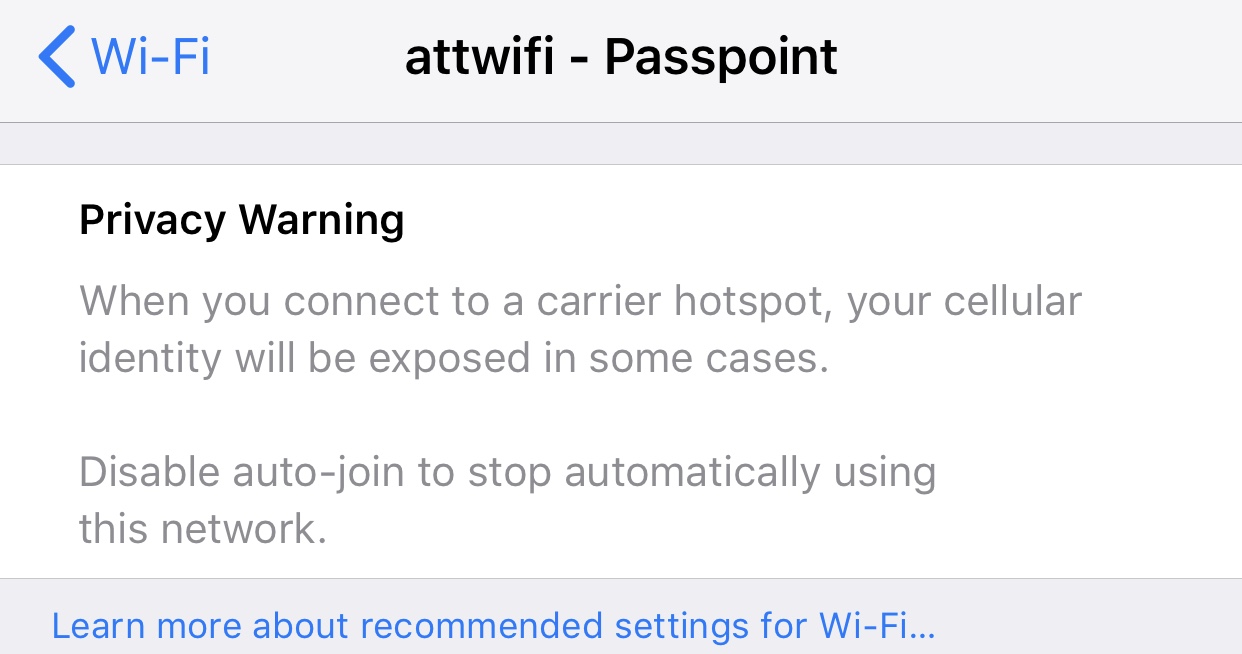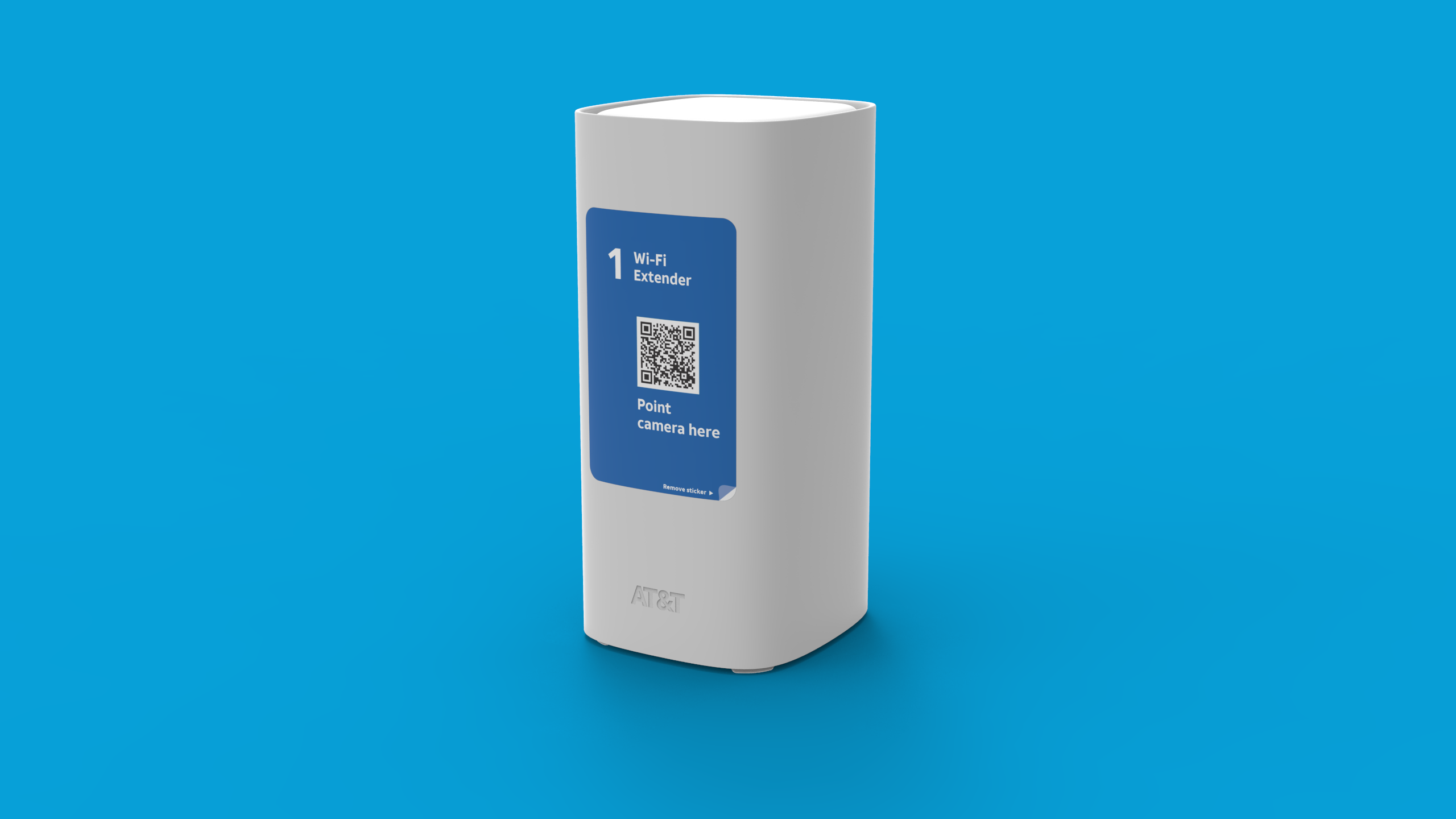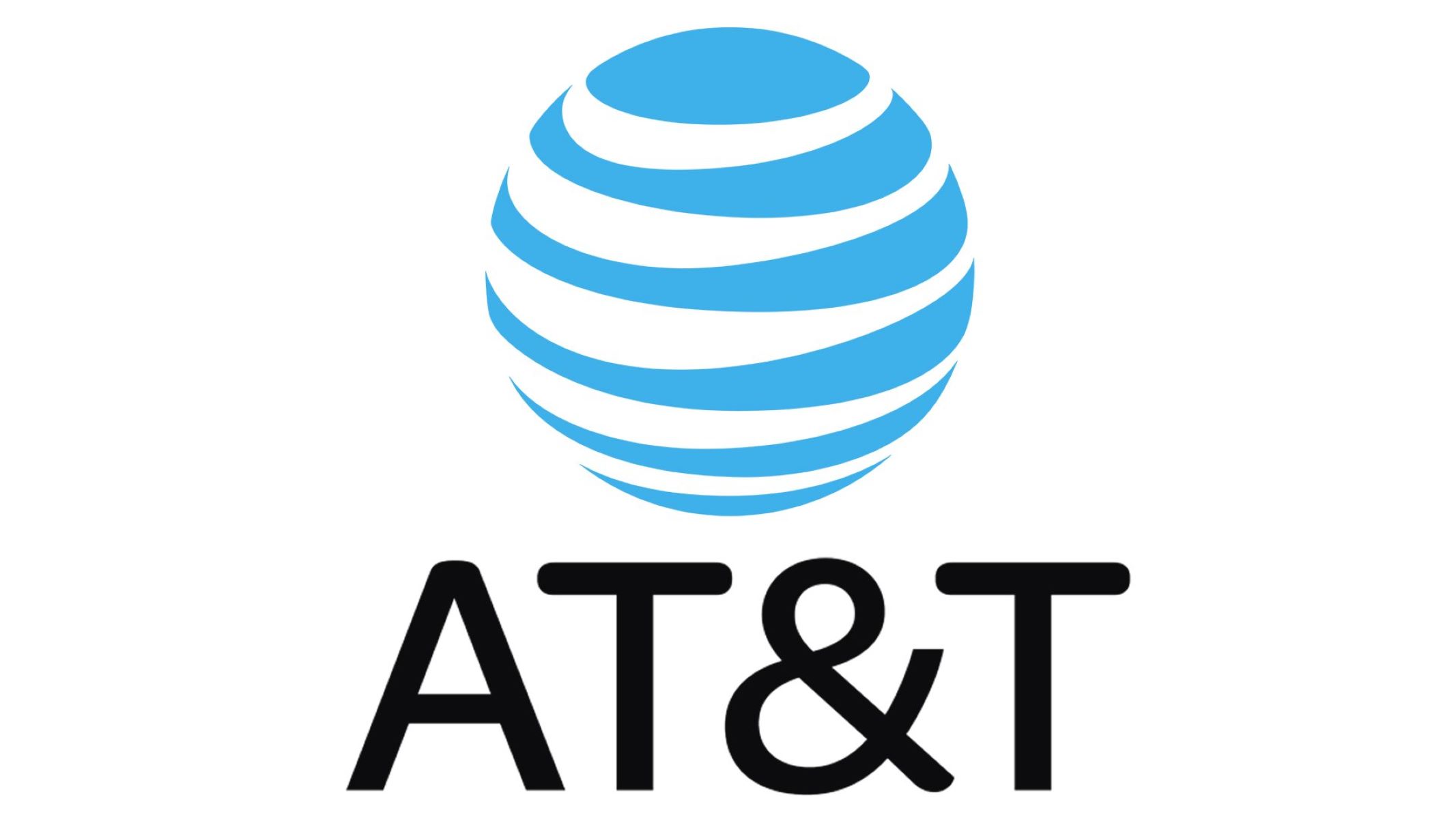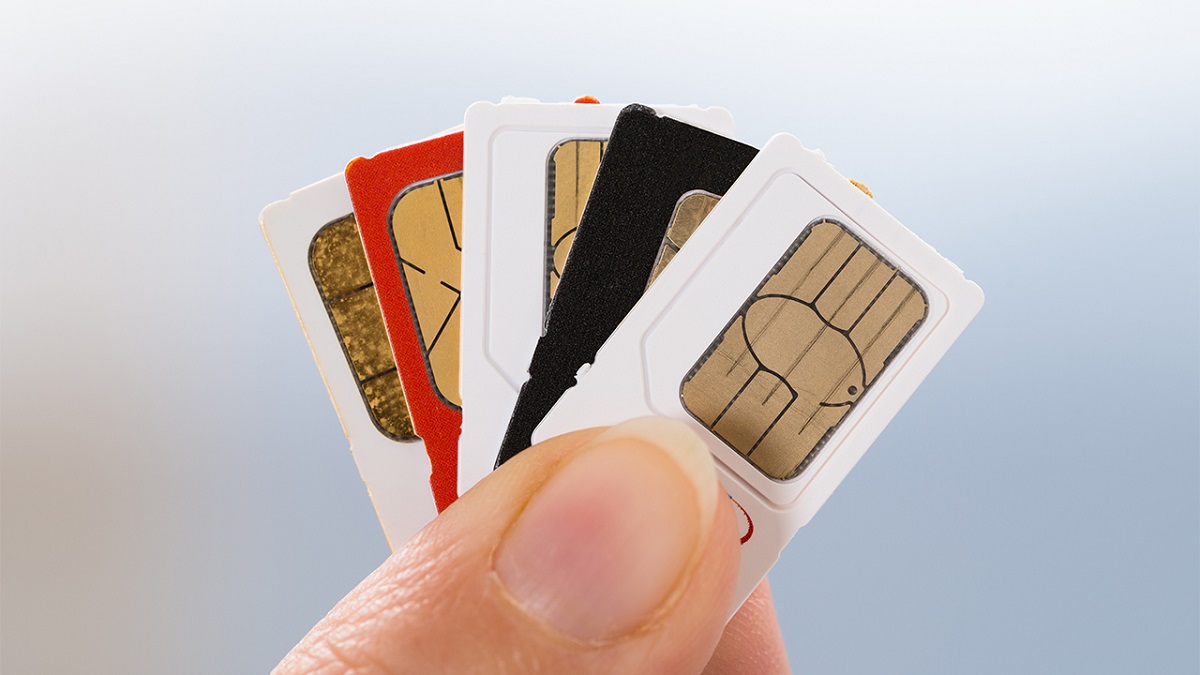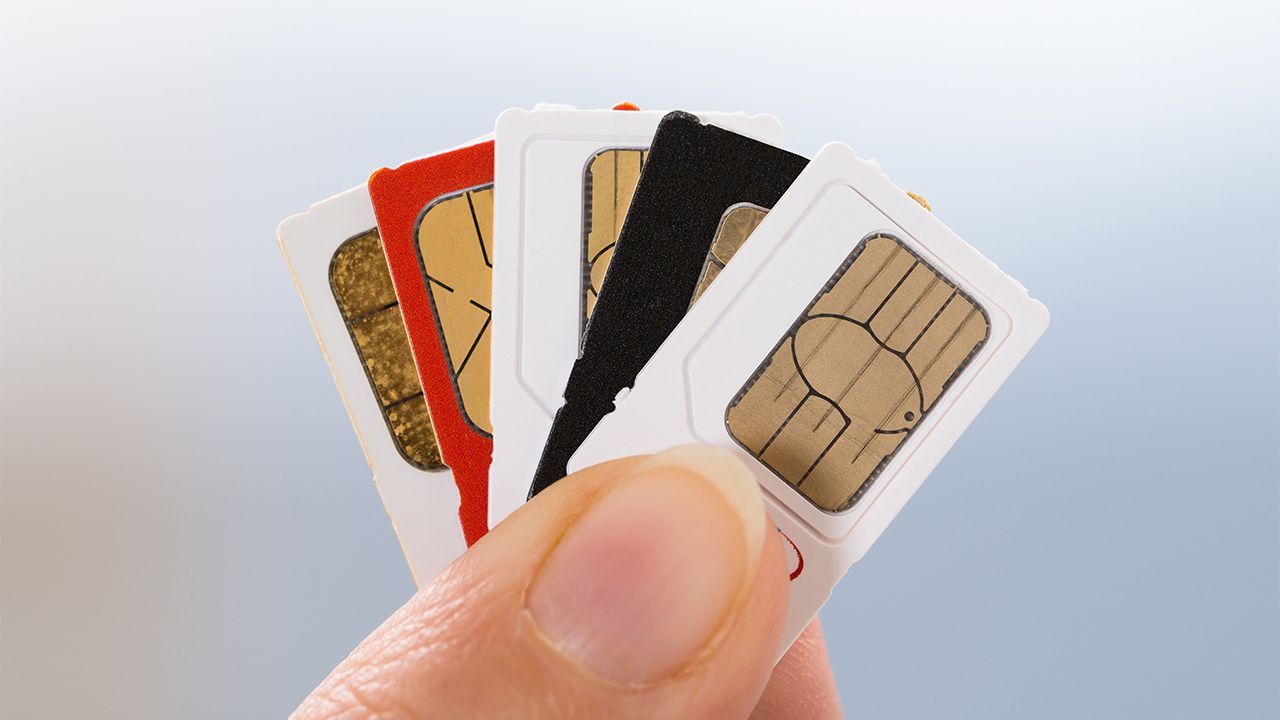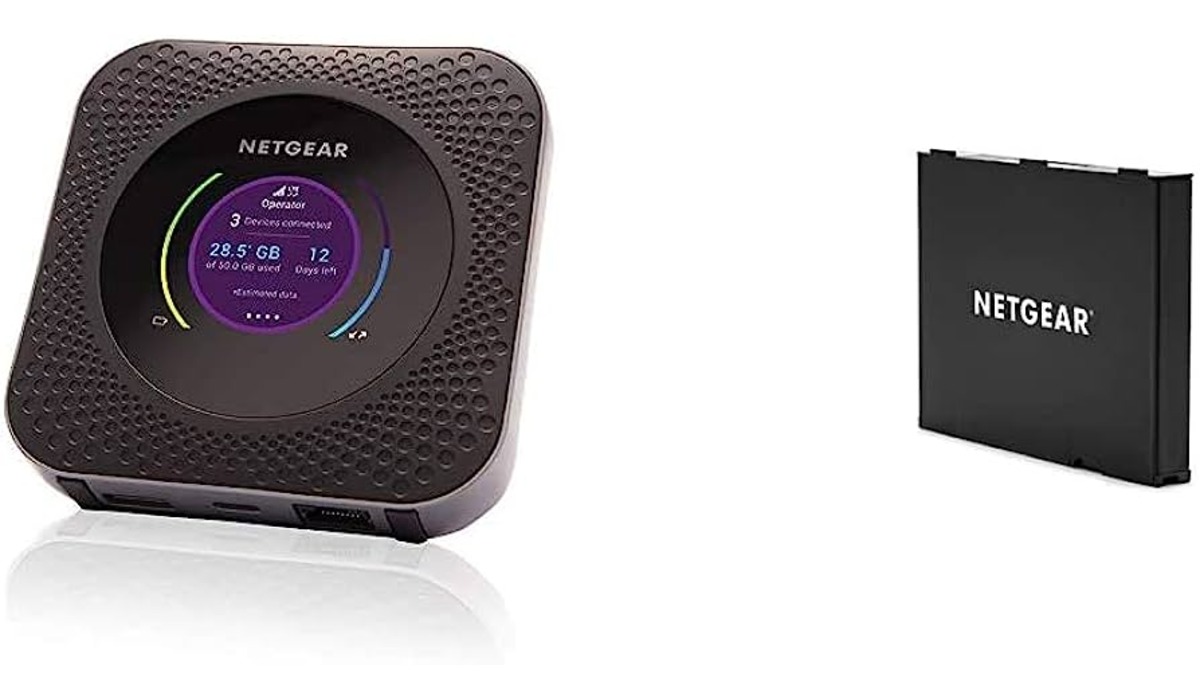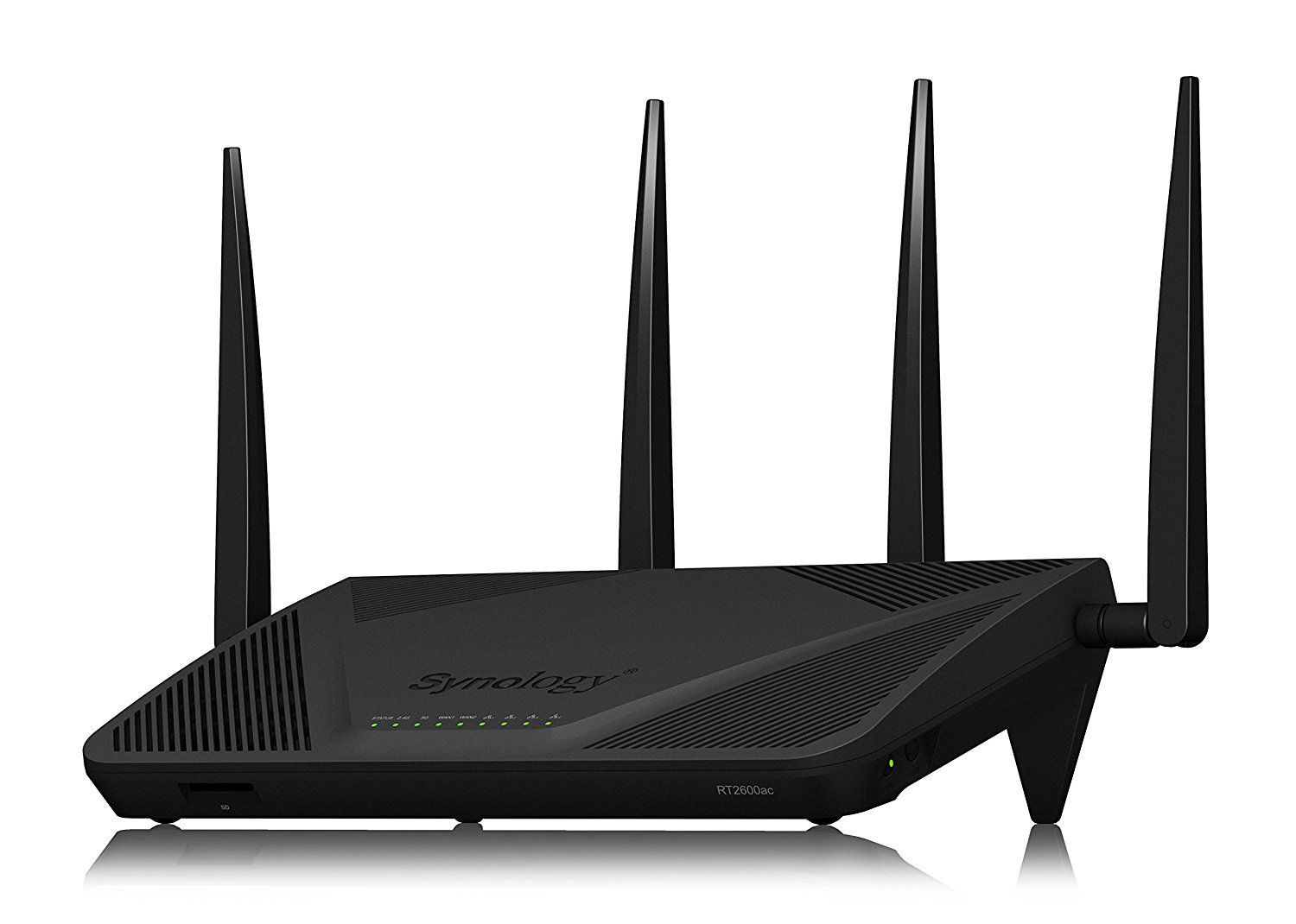Introduction
Welcome to the world of online gaming, where players from around the globe come together to immerse themselves in virtual adventures. As technology continues to advance, so too does the world of gaming, offering increasingly realistic and interactive experiences that captivate players for hours on end.
However, along with the excitement and entertainment that online gaming brings, there is also a need to be mindful of the amount of data being consumed during gameplay. With online games becoming more complex and visually stunning, the demand for data usage has noticeably increased.
Understanding how much data is consumed while playing online games is crucial for both casual and dedicated gamers. Whether you are battling it out in the latest multiplayer shooter or exploring vast open worlds in role-playing games, being aware of your data usage can help you manage your internet connectivity and avoid any unexpected expenses.
In this article, we will dive into the factors that affect data usage in online gaming, explore different types of games and their data consumption, and provide some tips on how to manage your data usage effectively.
So, if you’re ready to level up your knowledge about online gaming data usage, let’s journey into the exciting realm of virtual adventures.
Definition of Online Gaming
Online gaming refers to the playing of video games over the internet with other players, either cooperatively or competitively. It allows gamers to connect with individuals from all around the world, forming virtual communities and engaging in thrilling gameplay experiences.
Unlike traditional single-player games, online gaming relies on the internet as a means of connecting players and facilitating real-time interaction. It enables players to join multiplayer matches, team up with friends, or compete against strangers in a wide range of game genres.
Online gaming offers various modes of play, including cooperative gameplay, where players work together towards a common objective, and competitive gameplay, where players compete against each other to achieve victory. The immense popularity of online gaming has given rise to eSports, where professional gamers engage in high-stakes tournaments, achieving fame and fortune.
The advent of online gaming has revolutionized the gaming industry, allowing developers to create vast and immersive virtual worlds that can be explored and enjoyed by millions of players simultaneously. It has transcended the boundaries of traditional gaming, offering social experiences, virtual economies, and endless opportunities for collaboration and competition.
With the evolution of technology, online gaming has also expanded beyond traditional desktop and console platforms. Mobile gaming has witnessed a significant surge in popularity, enabling gamers to enjoy their favorite titles on smartphones and tablets, anytime and anywhere.
In summary, online gaming encompasses the playing of video games over the internet, connecting players from different parts of the world, and offering cooperative and competitive gameplay experiences. It has redefined the gaming landscape, fostering a global community of gamers united by their passion for virtual adventures.
Factors that Affect Data Usage in Online Gaming
Various factors can influence the amount of data consumed during online gaming sessions. Understanding these factors can help gamers make informed decisions about their internet connectivity and manage their data usage effectively. Let’s take a look at some key factors that affect data usage in online gaming.
- Game Type: Different types of online games have varying data requirements. Massively multiplayer online role-playing games (MMORPGs), for instance, often involve large virtual worlds with detailed graphics and extensive player interactions. These games tend to consume more data compared to simple browser-based games or retro-style multiplayer titles.
- Gameplay Duration: The length of your gaming sessions can significantly impact data usage. The longer you play, the more data you are likely to consume. Extended gameplay sessions, especially in data-intensive games, can quickly add up to a substantial amount of data usage.
- Game Updates and Downloads: Online games frequently receive updates, patches, and downloadable content (DLC). These updates can be substantial in size and can consume a significant amount of data. Automatic updates or background downloads can occur without the player’s knowledge, leading to unexpected data usage.
- Visual Quality Settings: Most modern games offer options to adjust visual settings, including resolution, texture quality, and special effects. Higher visual quality settings often require more data to render detailed graphics and deliver a more immersive experience. Lowering these settings can help reduce data usage without drastically impacting gameplay.
- Multiplayer Interactions: In online multiplayer games, interacting with other players in real-time requires a constant exchange of data. Actions such as voice chat, sending and receiving game invitations, and synchronizing gameplay can contribute to data consumption. The more interactive the game, the more data it is likely to use.
It’s important to consider these factors when estimating and managing data usage for online gaming. By understanding how these elements affect data consumption, gamers can make informed decisions about their gaming habits and internet connectivity, ensuring they have a smooth gaming experience while keeping their data usage in check.
Types of Online Games and Data Usage
The world of online gaming encompasses a vast array of genres and game types, each with its own unique gameplay mechanics and data usage requirements. Let’s explore some of the most popular types of online games and their typical data consumption.
- Massively Multiplayer Online Role-Playing Games (MMORPGs): MMORPGs are immersive online games that typically involve exploring vast virtual worlds, completing quests, and interacting with thousands of other players. These games tend to have high data usage due to the detailed graphics, constant player interactions, and frequent content updates.
- First-Person Shooters (FPS): FPS games are adrenaline-pumping shooters that provide a first-person perspective, often involving fast-paced multiplayer battles. While the data usage can vary depending on the game, FPS titles generally consume moderate amounts of data due to the need for real-time player interactions and the rendering of dynamic environments.
- Real-Time Strategy (RTS) Games: RTS games are strategy-focused titles that require players to build and manage virtual armies, gather resources, and engage in complex tactical battles. These games tend to consume moderate to high data due to the need for constant synchronization of game states and the real-time processing of vast amounts of information.
- Online Battle Arena (MOBA) Games: MOBA games, such as League of Legends and Dota 2, offer fast-paced team-based battles where players control unique heroes with distinct abilities. These games generally have moderate data usage, as they require constant communication and synchronization between team members, as well as rendering detailed visuals.
- Browser-based Games: Browser-based games are lightweight online games that are played directly through web browsers. These games typically consume lower amounts of data compared to more technologically advanced titles, making them an ideal choice for gamers with limited data plans.
It’s important to note that data usage can vary within each game type depending on factors such as game design, visual settings, and the intensity of player interactions. As online games continue to evolve and developers push the boundaries of technology, data usage requirements may increase, especially in graphically demanding and highly interactive games.
Understanding the types of online games and their typical data consumption can help gamers make informed choices regarding their data plans, internet connectivity, and gaming habits. It enables them to strike a balance between enjoying their favorite titles and managing their data usage effectively.
Estimating Data Usage for Different Online Games
Estimating the data usage for different online games can be challenging due to the variety of factors that affect data consumption. However, having an understanding of general data usage patterns can help gamers plan their internet connectivity and manage their data effectively. Let’s take a look at some estimates for data usage in different types of online games.
- MMORPGs: As mentioned earlier, MMORPGs tend to have high data usage due to their immersive worlds, detailed graphics, and constant player interactions. On average, MMORPGs can consume anywhere between 40 MB to 100 MB of data per hour.
- FPS Games: The data usage in FPS games can vary depending on the intensity of gameplay, graphical settings, and the number of players in a match. Typically, FPS games can consume around 25 MB to 60 MB of data per hour.
- RTS Games: Real-time strategy games often involve complex battles and require constant synchronization. As a result, they can have moderate to high data usage, ranging from 40 MB to 80 MB of data per hour.
- MOBA Games: MOBA games generally have moderate data usage due to their team-based battles and real-time coordination. On average, these games can consume around 20 MB to 40 MB of data per hour.
- Browser-based Games: Browser-based games are lightweight and tend to have lower data usage compared to more graphically intensive titles. They typically consume around 5 MB to 20 MB of data per hour.
These estimates are rough averages and can vary depending on specific game settings, gameplay styles, and the complexity of individual game sessions. Additionally, downloading updates, patches, and DLC can increase data usage, so it’s important to consider these factors as well.
It’s worth noting that these estimates can also differ based on internet connection quality and the efficiency of data compression techniques employed by the game developers. Developers may optimize their game’s data usage to minimize the impact on players’ internet plans while maintaining a smooth gaming experience.
Ultimately, monitoring your own data usage while playing different online games can provide the most accurate estimate of how much data you personally consume. Many internet service providers offer data usage tracking tools that allow you to keep an eye on your usage and adjust your gaming habits accordingly.
By understanding these estimates and monitoring your data usage, you can better manage your internet connectivity and ensure that you stay within the limits of your data plan while enjoying the fantastic world of online gaming.
Tips for Managing Data Usage in Online Gaming
Managing data usage is essential for online gamers, as it helps avoid excessive data consumption, unexpected charges, and potential interruptions to your gaming experience. Here are some helpful tips to effectively manage your data usage while indulging in online gaming:
- Track Your Data Usage: Use data usage tracking tools provided by your internet service provider or mobile carrier to monitor your data consumption. This will help you stay aware of how much data you’re using and adjust your gaming habits accordingly.
- Optimize Visual Settings: Lowering the visual quality settings in your games can significantly reduce data usage. Adjust parameters such as resolution, shadows, and special effects to strike a balance between visual appeal and data consumption.
- Be Mindful of Game Updates and Downloads: Manually control when your games update or download new content. Limit automatic updates and downloads to avoid unexpected data usage, especially if you’re on a limited data plan.
- Play Offline or in Single-Player Modes: If you’re concerned about data usage, consider playing offline or in single-player modes. These modes generally consume less data since they don’t require constant synchronization with other players.
- Limit Voice Chat and Video Streaming: Voice chat and video streaming during gameplay can consume significant amounts of data. Consider using text-based communication or reducing voice chat usage to conserve data.
- Manage Background Applications: Close or limit the usage of other applications, such as streaming services or software updates, while gaming. These applications can consume data in the background and impact your gaming experience.
- Consider Gaming During Off-Peak Hours: Some internet service providers offer unlimited data or reduced data charges during off-peak hours. Take advantage of these times to play online games and reduce the impact on your regular data allowance.
- Choose Wi-Fi Whenever Possible: If you have access to a stable Wi-Fi connection, use it for online gaming whenever possible. Wi-Fi typically provides larger data caps or unlimited usage, reducing the strain on your mobile data plan.
Implementing these tips can help you better manage your data usage while enjoying your favorite online games. However, it’s essential to strike a balance and find a data usage strategy that suits your needs and gaming preferences.
Remember to always be mindful of your data plan’s limitations and explore options that maximize your gaming experience while minimizing your data consumption. By adopting these practices, you can indulge in the exciting world of online gaming without worrying about exceeding your data limits.
How to Check Data Usage while Online Gaming
Monitoring your data usage while online gaming is crucial to ensure that you stay within your data plan’s limits and avoid unexpected charges. Here are some methods you can use to check your data usage while indulging in online gaming:
- Check with Your Internet Service Provider or Mobile Carrier: Reach out to your internet service provider or mobile carrier to inquire about data usage tracking tools or apps they provide. These tools can help you monitor your data consumption and stay updated on your usage.
- Use Built-in System Data Tracking: Many gaming consoles, such as PlayStation and Xbox, come with built-in data tracking features. These features provide insights into your data usage during gameplay. Explore your console’s settings or check the manufacturer’s website for instructions on accessing and interpreting this data.
- Utilize Data Tracking Apps: There are numerous data tracking apps available for both smartphones and computers. These apps can monitor and track your data usage across all applications, including online gaming. Some popular data tracking apps include My Data Manager, GlassWire, and Data Usage Monitor.
- Check Your Router’s Data Usage: If you’re gaming on a desktop or using a wired internet connection, you can typically access your router settings to check your data usage. Most routers have a built-in web interface where you can monitor the data consumed by all devices connected to your network.
- Enable Data Usage Alerts: Some internet service providers or mobile carriers allow you to set up data usage alerts. These alerts notify you when you reach certain data thresholds, helping you stay on top of your usage while gaming.
- Keep Track of Time Played: While not a precise measurement of data usage, keeping track of the time you spend gaming can give you a general idea of your data consumption. Combine this with average data usage estimates for your specific game to get an approximation.
By using these methods to check your data usage while gaming, you can track your usage patterns, make any necessary adjustments, and ensure that you are effectively managing your data consumption.
Remember, every device and game may have different data usage patterns, so it’s important to consider the specific requirements of the games you play and monitor your usage regularly. This way, you can enjoy online gaming while staying within your data plan limits and avoiding any unexpected data charges.
Conclusion
Managing data usage in online gaming is crucial for gamers to avoid exceeding data limits, unexpected charges, and interruptions to their gaming experiences. By understanding the factors that affect data usage, gamers can make informed decisions about their internet connectivity and adjust their gaming habits accordingly.
We explored the definition of online gaming and the various types of games that exist in the digital realm. From MMORPGs to FPS games, each genre has its own data usage requirements, and gamers should consider these factors when estimating and managing their data consumption.
To effectively manage data usage, gamers can follow several tips, including optimizing visual settings, being mindful of game updates and downloads, and tracking overall data usage. By implementing these strategies, gamers can strike a balance between enjoying their favorite games and staying within the limits of their data plans.
Additionally, we discussed methods for checking data usage while online gaming, such as utilizing data tracking tools provided by internet service providers, using built-in system data tracking features, and employing dedicated data tracking apps.
However, it’s important to note that data usage can vary across games, devices, and individual gameplay styles. Monitoring your own data usage and adjusting your gaming habits accordingly is key to effectively manage data consumption.
By being mindful of data usage and implementing these strategies, gamers can continue to dive into the immersive world of online gaming without being burdened by excessive data usage or unexpected costs. So, level up your data management skills, embrace the digital adventures that await you, and enjoy online gaming to the fullest!









